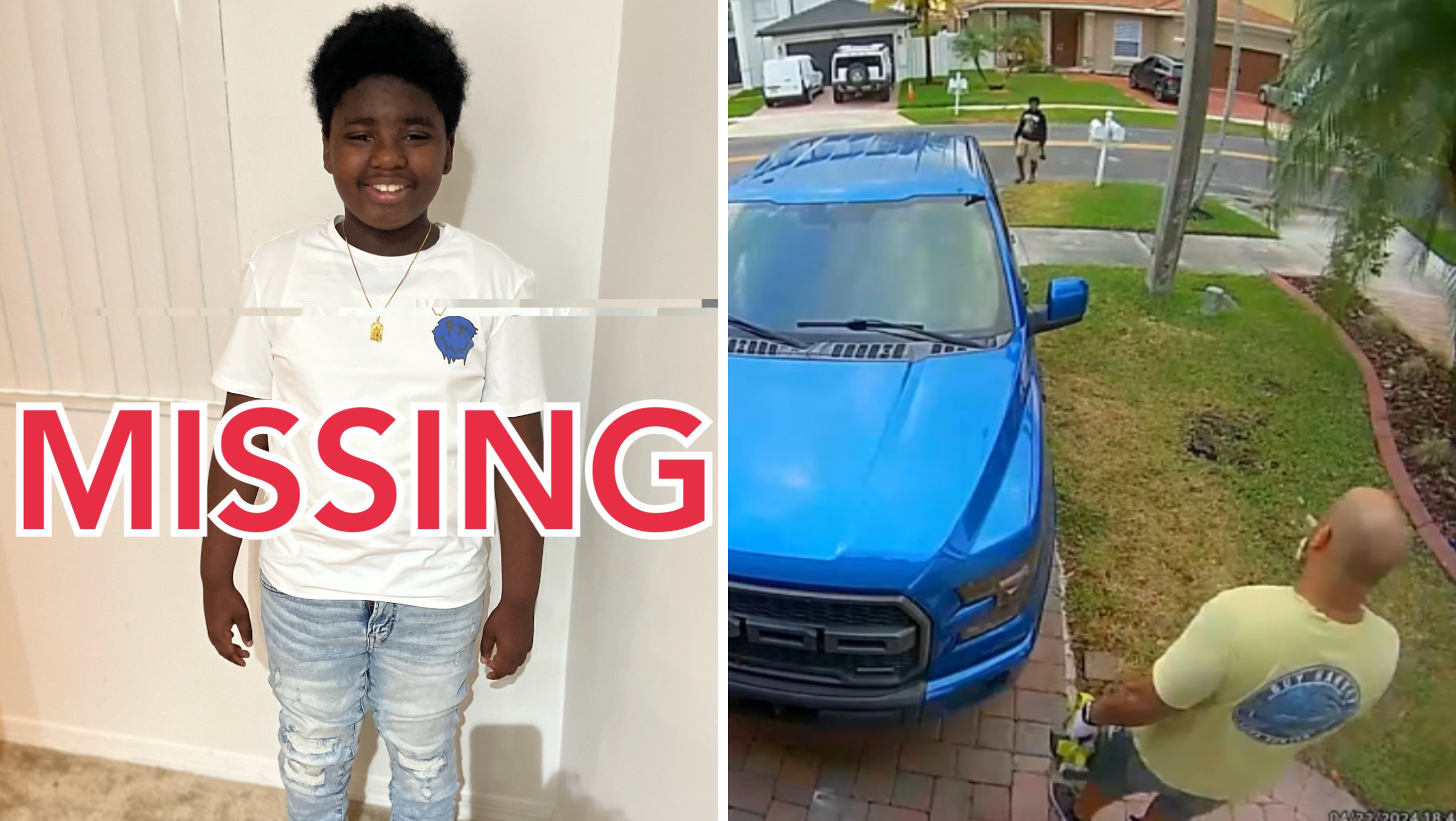From step trackers to weight loss programs, people are using their smart phone apps to track their health-related issues. Experts are warning of some potential downsides of not reading the “Fine Print” before sharing personal information.
Maureen Tsuchida, like many others, turned to health-related apps because they are quick and convenient.
“I put everything from blood work to immunization records, to medication, to eyeglasses, to checkups. I’ve really become very dependent on it,” Tsuchida said.
Health and medical apps can help keep track of your family’s medical profiles.
Tsuchida is a tech blogger and knows that even the most secure apps can be compromised, so she is sure to read the fine print and to make sure her information is not being stored on a remote server.
“For certain medical apps, I make sure that it’s not being backed up somewhere else,” Tsuchida said.
That’s just one of the ways consumers can safeguard their personal health information.
Local
“There are tons of benefits of using these applications, however, you have to be aware of the privacy and security risks,” Dr. Lina Bouayad said.
Assistant Professor in the College of Business at Florida International University, Dr. Lina Bouayad says the technological advances are making it possible to share your entire health file with app.
“It can connect you to patients like yourself, it can find you the best provider for your condition, the lowest cost for treatment possible, so all of these are benefits that you can get from those apps,” Bouayad said.
Unlike hospitals and doctors, that by law must protect this information, apps, and technology companies don’t have to follow the same rules.
“Once the user provides consent, once they allow sharing of the information, then the app can basically share that data to whomever they choose to,” Bouayad said.
She says you should read the terms and conditions of an app. She advises consumers to select apps that are transparent about the type of health information they collect and how it is used and to be certain the apps you choose has built-in security measures like encoding stored and transmitted data.
Experts also warn that you should be leery of free apps.
“They’re probably selling your personal data. After all, they have to make money one way or the other,” said Consumer Reports Tech Editor Bree Fowler.
Bree Fowler with Consumer Reports says there could be unforeseen issues.
“We recommend taking a good hard look before deciding whether to hand over your data or not. We’re concerned that if your personal data gets out there it could ultimately lead to workplace discrimination,” Fowler said.
As for Maureen, she says she’ll be more vigilant when using health apps.
“I have not only my information but my son’s information too,” Tsuchida said.
Consumer Reports also says to check the terms of service of the app and whether the app is asking for permission to access your contacts or photos or allows it to share your data with third parties.



